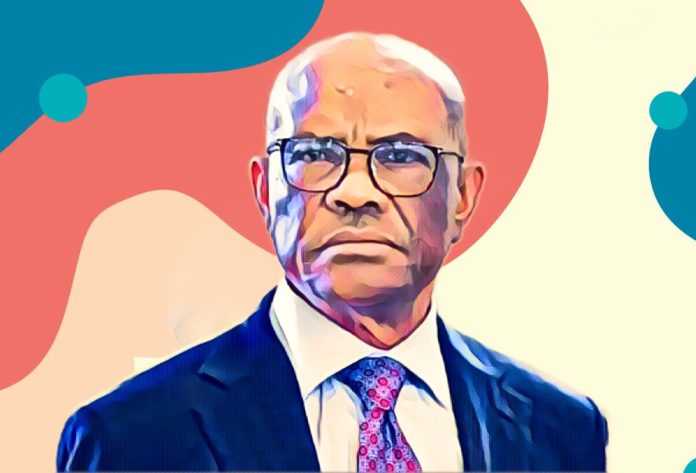KEY POINTS
- Clean cooking gas adoption drives healthier homes.
- The initiative targets household air pollution reduction.
- Abuja accelerates environmental sustainability efforts.
The Federal Capital Territory Administration will roll out Project Breathe Clean Air Abuja on November 15, marking one of its most ambitious public-health drives yet.
Led by Minister Nyesom Wike, the programme aims to accelerate clean cooking gas adoption across the capital, replacing the long-standing reliance on firewood and charcoal.
The launch, themed “Renewing Hope, One Household at a Time,” will gather experts, students, policymakers, and development partners at the Bola Ahmed Tinubu International Conference Centre.
Clean cooking gas adoption takes centre stage
Support from IHS Nigeria underpins the initiative as officials intensify efforts to reduce household pollution. Mandate Secretary Dolapo Fasawe said the project aligns with Abuja’s broader plan to protect public health and advance environmental sustainability.
She credited Wike for backing the programme and praised partners working to ensure its success. Fasawe stressed that the capital can only thrive if residents have access to safer home-energy options.
The six-month rollout will distribute 5,000 LPG cylinders across the FCT’s six area councils to drive clean cooking gas adoption. Officials expect the effort to cut respiratory risks linked to smoke exposure and reduce pressure on forests increasingly depleted by firewood demand. The administration believes the project can shift household behaviour while strengthening climate-positive decisions at the community level.
The initiative also reflects Abuja’s growing push toward sustainable living. By replacing traditional fuels with cleaner alternatives, the administration hopes to demonstrate that practical, scalable solutions can transform health outcomes for thousands of families. Development partners say the model could guide wider national efforts if adoption rates remain strong.
As stakeholders converge for the launch, expectations remain high that the programme will deliver measurable environmental benefits while easing the burden of household air pollution across the territory.



